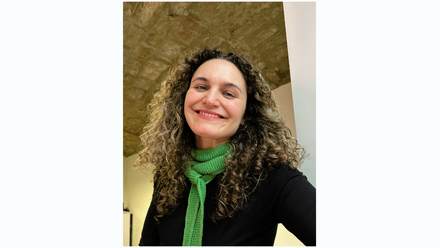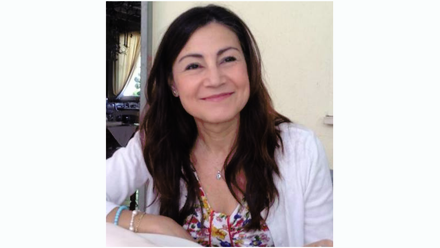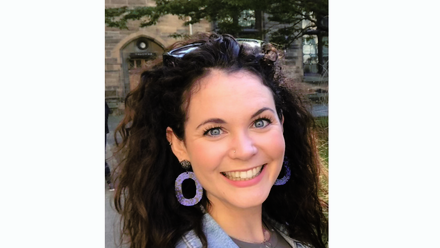Surviving your extended translation project
As part of her Master’s degree in Translation Studies Tiffany Williams completed an extended translation project (ETP). She tells us what was involved and what she learned about translation and herself in the process.
Many Translation MA courses offer the option of submitting an extended translation and commentary as a form of dissertation. On my course, this was a popular option; the most apparent advantage is the experience it provides, particularly if you have never translated a long text. In certain circumstances it can also be submitted in place of the 1000-word assessment in an application for the ITI’s Qualified translator assessment.
It may therefore seem the more straightforward option compared to a research piece. But like choosing a dissertation topic, choosing your source text is daunting. Even if you know what text type and speciality you want to translate, it can be difficult to know where to start looking.
Your text, and texts like it, and texts about texts like it, will consume several months of your life, so it is important to choose something that is meaningful to you as well. For me, this was autism. I actually found my text by searching ‘autisme’ on Amazon’s Kindle Store and downloading various samples of texts. The Google Play Store also offers this feature, and it’s very handy for getting a preview of the style and content of books – both sites’ books can be read in a browser, without a special device.
For other genres and text types, your tutors will be able to direct you towards source-language resources such as journals, magazines and websites. It is likely you will have to ensure it has never been translated before. I got lucky with mine – I found an interview with my source author from a month before I started where she said “It hasn’t been translated yet”.
After I submitted my choice of text, I was assigned a supervisor to whom I had to submit a plan. I was then allocated six hours of her time: three hours of discussion and three hours for her to read my work. This was very new for me; I wasn’t required to do a dissertation for my undergraduate degree. I set myself very ambitious targets for the early weeks, but soon found they were too difficult to meet between other assignments and my part-time job as a senior project manager. My mindset was in the office; I thought the plan was for my supervisor to check me against. But while that was true to an extent, ultimately it was for my benefit, and, to use a bit of business jargon, I had to “take ownership” and revise the plan to reflect the time I really had, and what worked for me.
Similarly, I found my supervisor was not only there to remind me of deadlines and/or be a point of escalation for problems I couldn’t solve. In contrast to other assignments, which were submitted anonymously, I was able to freely share my writing and discuss my ideas with her. We talked about research rabbit holes and paragraph points that inspired me, as well as parts where I was less confident. In the end, I didn’t need all my allotted time – apparently many students don’t.
As I might have predicted, the experience of writing taught me a lot about the process of translation. Translating a longer piece, particularly as it was an extract from a book, forced me to think about structure and stylistic elements at a level I hadn’t had to for shorter texts. We also had to construct a realistic brief for our translations, and, fictitious though it was, this process taught me a lot about situating my translations and my broader interests in a professional and cultural context, providing important perspective as I looked to my future.
I was working on the project at the same time as working three days a week at my job, and that meant I had to be regimentally disciplined. Supportive online writing groups like the Oxford Writing Circle and London Writers’ Salon, which hold scheduled open writing sessions, were invaluable. I learned to write ‘focus lists’, putting my distracted thoughts on a piece of paper at my side, because yes, it’s important I do laundry later but it’s not important now.
I was awarded a Distinction, and I’m very proud of that achievement, but it was hard-won. As an undergraduate I’d had long summers to recover after exams and long assignments, but as a mature student I had a celebratory weekend and then I was back at my day job, as I had been the day I submitted. I was tired for a long time.
I think the best advice I have for ETP stress, whatever stage(s) of the process it emerges, is to talk to someone, more than one person. It may change things, but even if it doesn’t, it helps to be listened to. Similarly, I have learned to take what opportunities I have to truly relax. The last thing I learned from my ETP was that it takes a lot of work, and some rest, to accomplish.






